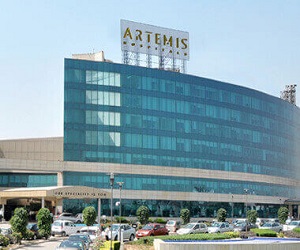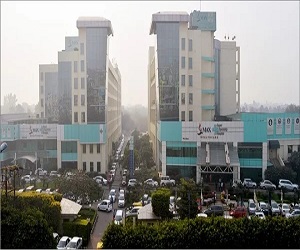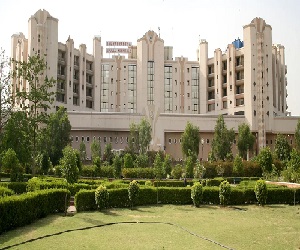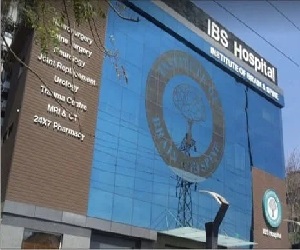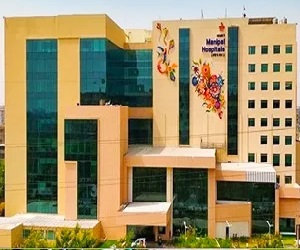Effective Treatment Options for Peripheral Neuropathy
Peripheral neuropathy manifests as tingling, pain, or numbness affecting the hands and feet due to damage to peripheral nerves. Various factors can contribute to its onset. Through thorough physical examination and accurate diagnosis, this condition can be identified and managed effectively.
Diagnosis
Information on Medical Background: The doctor will evaluate the patient’s medical history, taking into account their symptoms, alcohol consumption, exposure to toxins, lifestyle choices, and any family history of neurological disorders.
Neurological examination: The doctor will likely assess tendon reflexes, muscle tone, and strength. This helps them evaluate the patient’s sensory perception, positional awareness, and coordination abilities.
Blood Tests: Blood tests are essential for detecting diabetes, vitamin deficiencies, immune system abnormalities, and other conditions that might contribute to the disease.
Imaging Tests: CT or MRI scans are crucial for identifying compressed nerves and detecting abnormalities such as tumors that may impact bones and blood vessels.
Nerve Functioning Tests:
Types of Treatment
Peripheral Neuropathy treatment cost in India depends on several factors, including the type of treatment used.
Medications: Treatment for peripheral neuropathy may involve pain relievers, anti-seizure medications, and medicines containing opioids.
Topical Treatments: Topical treatments for peripheral neuropathy involve using creams designed to alleviate symptoms. These creams often contain substances that may initially cause a burning sensation and irritation, but these side effects typically diminish over time.
Antidepressants: Antidepressants can help alleviate pain by interfering with the chemical processes of the nervous system that cause discomfort.
Intravenous Immune Globulin/Plasma exchange: Both of these methods aim to suppress immune response. Plasma exchange involves extracting blood, separating antibodies and proteins from it, and then reintroducing the purified blood back into the body.
Immune globulin therapy is about receiving higher protein levels to work as an antibody.
Physical Therapy: Physical therapy is an intervention that helps to improve muscle movements.
Surgery: Peripheral neuropathy caused by nerve compression, such as from a tumor, often requires surgical intervention to alleviate the pressure on the nerves.

